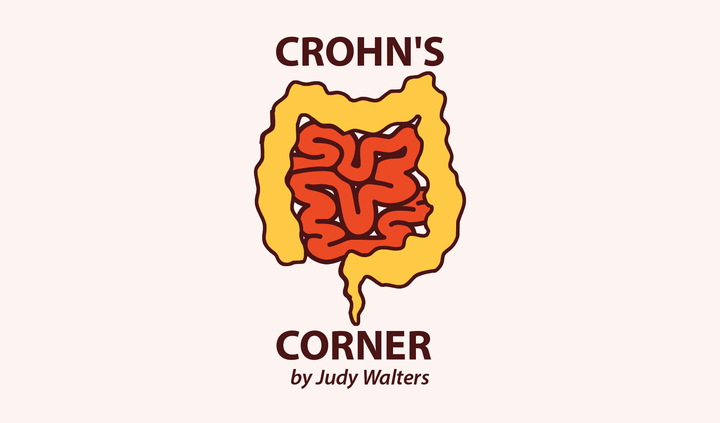
I’m usually the patient. I’ve been the patient for more than 16 years. Along the way, I’ve tried really hard to be a good patient. I try not to whine too much, I hold off telling anyone I feel really bad (until I feel really, really bad), and I don’t push for anything more than I really need. When I am the patient, I like to be in my own bed, trying to get comfortable, with a glass of soda with lots of ice by my side to sip from.
But today, I’m the caregiver. In fact, over the next few weeks I’ll be the caregiver several times. Today my husband is having his first of two cataract surgeries because of serious eye problems. The first surgery is today. I’m literally sitting in the surgery center’s waiting room as I write this. It is a complicated start in my role as a caregiver.
In another month, I’ll be helping my daughter through a procedure that requires anesthesia — not general, thank goodness, but she will be asleep and she is extremely nervous about that part. She hates being put out. Her procedure may pinpoint a serious condition that could alter her life.
Then two weeks later, I’m going to be the caretaker for my younger daughter, who is having her wisdom teeth taken out under anesthesia (also not general). She tends to get anxious about these kinds of things, and the recovery isn’t always easy. I’ve planned that particular procedure for when my older daughter and my husband will be away, so I can get her through it in the quietest, calmest environment possible.
Being the caretaker is an eye-opener for the person who is used to being the one taken care of. When I’ve been put in this position before, I’ve seen the way illness affects the entire family. It’s hard constantly checking with the sick person to see if they need anything. It’s hard to constantly be fetching drinks, food, pillows and blankets, and making sure the person is as comfortable as possible. It’s hard to watch the patient trying to find a position that works for him or her. It’s hard to hope that the next day they will feel better when it’s possible they won’t, and then the cycle of illness or recuperation will start all over again for another day.
Being in the caretaker’s position is not easy, that much I know. I hope today, and over the next few weeks, I’m able to keep my calm and cool and make my family members feel better. It’s the least I can do after all the time that goes into taking care of me.
***
Note: IBD News Today is strictly a news and information website about the disease. It does not provide medical advice, diagnosis, or treatment. This content is not intended to be a substitute for professional medical advice, diagnosis, or treatment. Always seek the advice of your physician or other qualified health provider with any questions you may have regarding a medical condition. Never disregard professional medical advice or delay in seeking it because of something you have read on this website. The opinions expressed in this column are not those of IBD News Today or its parent company, BioNews Services, and are intended to spark discussion about issues pertaining to IBD.

